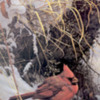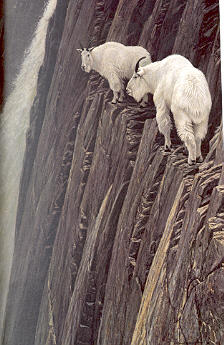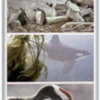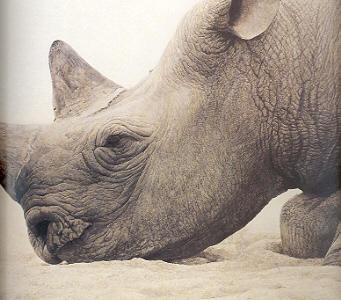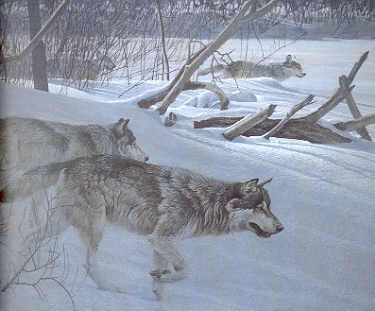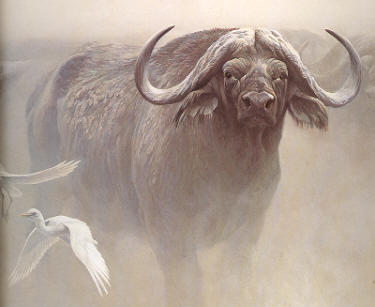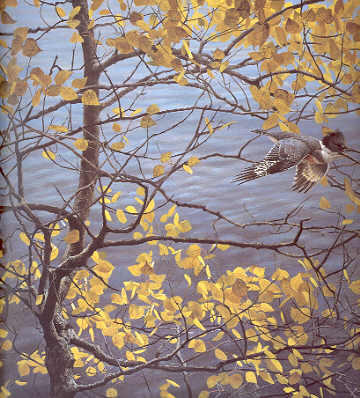From: Canadian Environment Awards
The Ideas for Life Awards is sponsored by: Panasonic Canada Inc.
********************************************
A native of Toronto, Canada, Robert McLellan Bateman graduated from the University of Toronto in 1954 and earned a teaching certificate from the Ontario College of Education the following year.
Bateman, a life long nature lover taught high school art and geography for more than 20 years before becoming a full-time artist.
Bateman and his art became synonynmous with conservation in Canada and around the world. "It can be argued that the best way to defend and preserve nature is to celebrate it," he says, "and that's what I feel I am doing." An Officer of the Order of Canada for more than 20 years. Bateman has had major exhibitions large and small across Canada, the United States, Great Britain, Japan and Africa and has received numerous honorary degrees.
His work is in major private and public collections, including those of the royal family, and it has been subject of more than 20 books.
Bateman's paintings, sketches and prints project both the beauty and the frailty of the Canadian wilderness and the urgent need for its protection. He is critical of industrial-scale resource management, whether it is farming, fishing or forestry, and his art is an elegant medium for communicating his complex messages. One of his most powerful pieces shows a white-sided dolphin and an albatross caught in a drift net, the bycatch of commercial fishing. An estimated one million birds and one million mammals are dumped as bycatch garbage each year, while the shrimp-industry ratio is a stunning seven kilograms of bycatch for every one kilogram of shrimp. When I show that picture, I ask, "Is it worth it to kill that many other animals just to have cheap shrimp?"
says Bateman. And when I ask, "Would you be willing to pay a bit more to stop those unnecessary deaths," the answer is always, obviously, "yes."
Bateman knows that we have to pay a little bit more now to save the planet and tat we must take a different approach which focuses less on the bottom line. "The current thinking is that we can let the next generation pay for this. It's not that simple. We are wiping out biodiversity, and extinction is the death of future possibilities."
Still Bateman will not twist his work to force an environmental theme. He remains an artist first. He sees his work as a celebration of nature's diversity, which is a powerful message in an of itself. "In a certain sense, I am painting as a missionary. I believe that you should be doing whatever you can to make the world a better place," he says. "I happen to be an artist and a teacher, and so I have to use those talents for the same ends."
Attachments
Original Post
